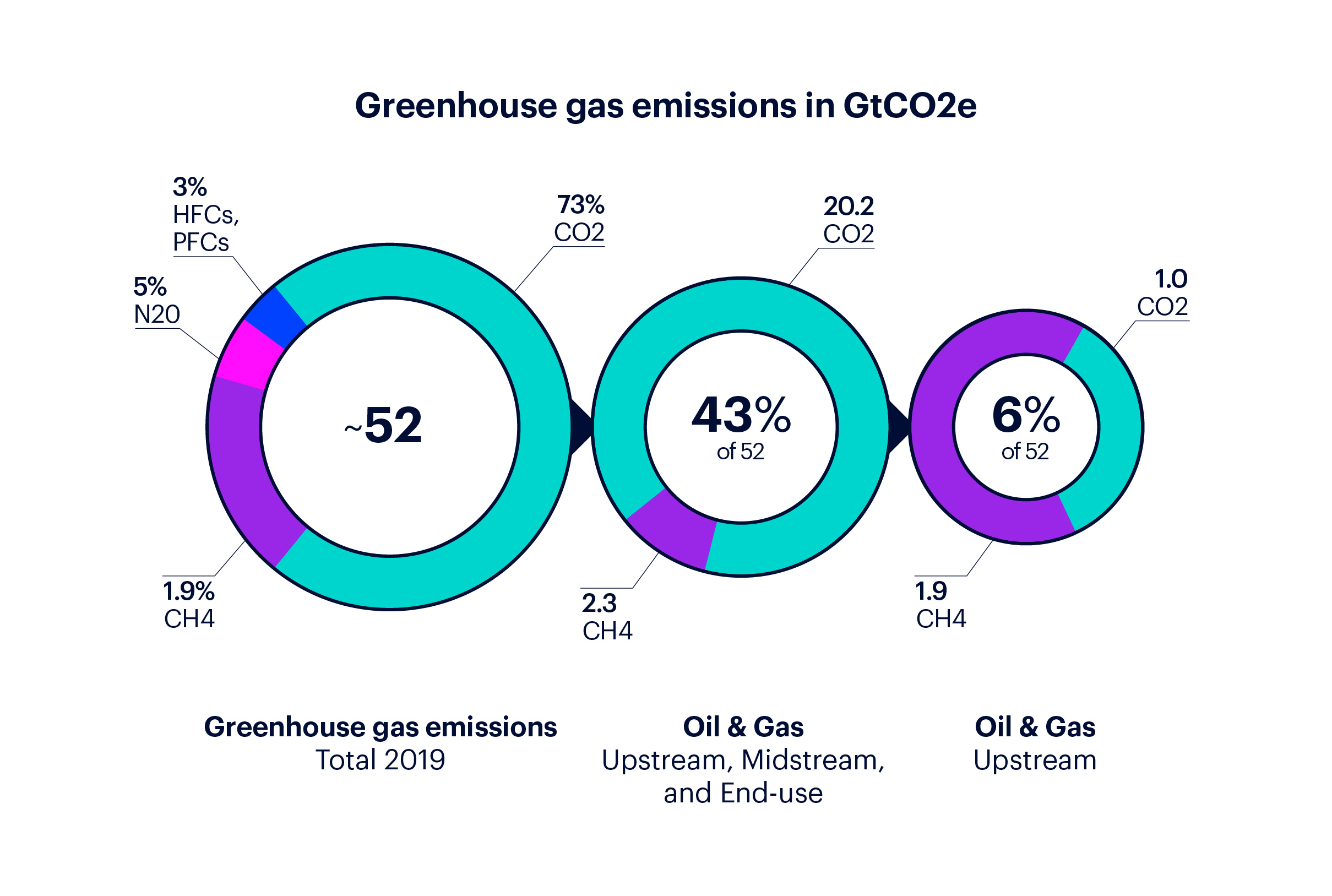Article featured in Harts E&P Magazine
Today global warming is an existential crisis facing our planet and all of its inhabitants. According to the latest IPCC report, average global temperatures have increased by +1 C above pre-industrial levels, and while this may not seem like a lot, this rise is already impacting weather systems and society. At +1.5 C, climate feedback loops may lead to permanent runaway climate change. Climate science tells us that if global average temperatures rise more than +1.5 C above pre-industrial levels, the impact could become catastrophic and irreversible.
In the energy industry, we are all aware of the very real impact the climate crisis is having on society and the planet. However, here is the conundrum: Our world needs more energy so that individuals, communities and countries may attain or sustain socio-economic progress. In most situations, this energy comes at a cost, as the way energy is produced as well as consumed is ultimately leading to climate change. While we continue to develop clean energy solutions, the reality is that ~55% of the global energy mix continues to come from hydrocarbons, and it will take years, if not decades, before the balance shifts to cleaner sources. As suppliers of oil and gas, our industry has a vital role to play in taking action today to ensure a low carbon future.
